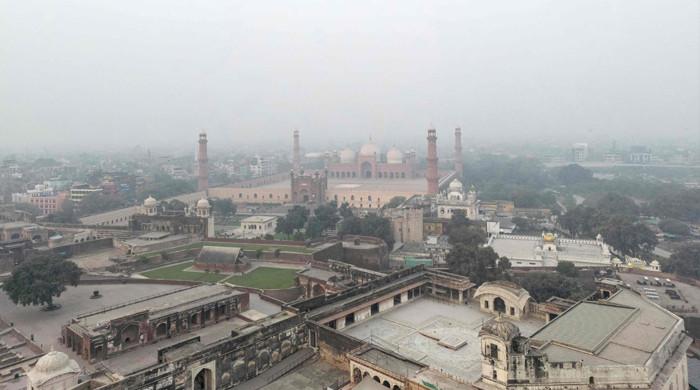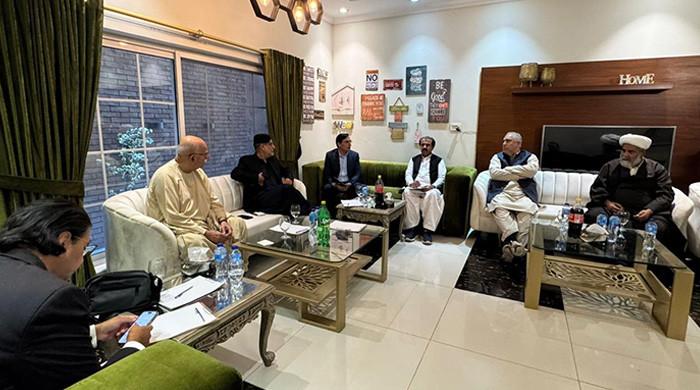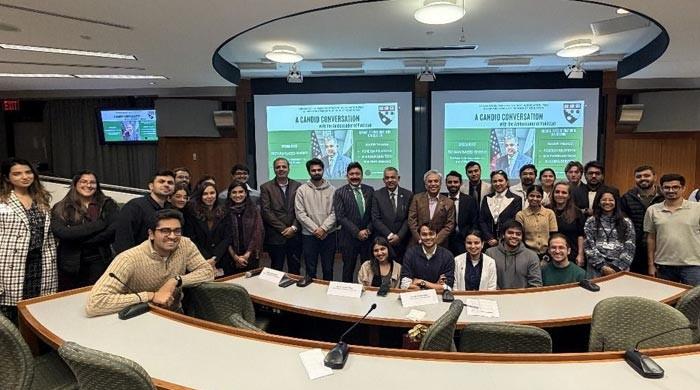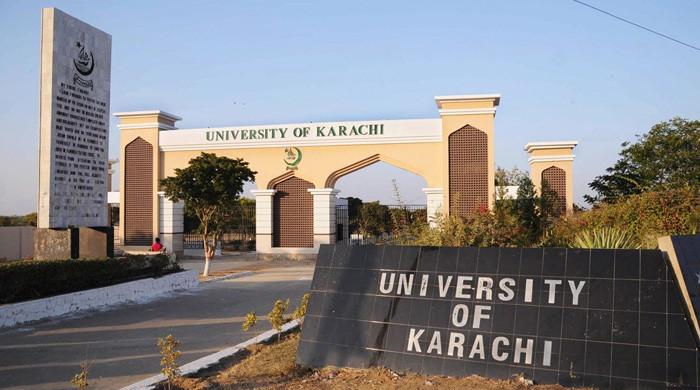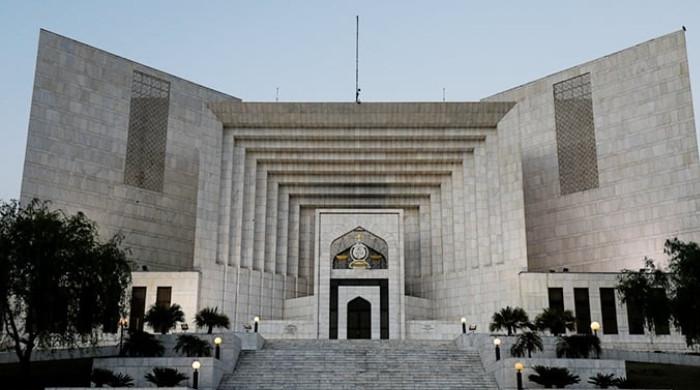In Punjab, hazardous air is putting lives at risk: Amnesty International
Levels of air quality in Punjab has been rated 'near unhealthy' to 'very unhealthy' for most of the year by Amnesty International
October 30, 2019
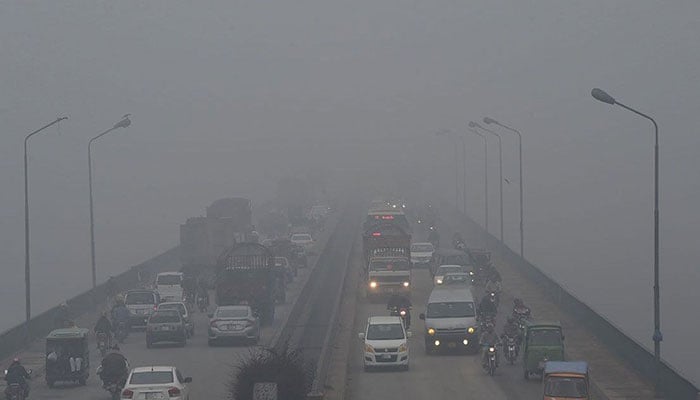
Pakistan’s government is failing to protect its people from the hazardous level of air pollution in its Punjab province, said the Amnesty International, which is a violation of human rights to life and health.
In a statement released to the media on Wednesday, the London-based non-governmental organisation stated that the levels of air quality in the province has been rated “near unhealthy” to “very unhealthy” for most of the year.
“During the ‘smog season’ — from October to January,” it added, “air quality reaches ‘hazardous’ levels, as recorded by multiple, independent sources.”
As of today, the Air Quality Index (AQI), which monitors how clean or polluted the air is, in Lahore reached 484 in the early morning. While the threshold for hazardous levels of air quality is 300. Prolonged exposure to such toxic air can result in severe health issues including asthma, lung damage, bronchial infections and heart problems as well as shortened life expectancy.
“The government of Pakistan needs to do much more to adequately address such a severe public health crisis — one that endangers people’s health and even their lives,” said Rimmel Mohydin, the South Asia Campaigner at Amnesty International.
Read also: Air pollution as bad as smoking a cigarette pack per day
The most vulnerable groups include the low income workers, such as labourers, construction workers, who also have limited access to healthcare facilities.
“Air pollution and the climate crisis are intricately linked. It exacerbates existing inequalities and paves the way for human rights violations. If authorities continue to stall making concerted efforts to address the smog crisis, it will continue to devastate human life,” Mohydin added, “The government can no longer afford to waste time while people are choking to death.”
Also earlier today, the federal minister for science and technology tweeted that in yesterday’s cabinet meeting the minister for climate change informed the government that the “pollution in Lahore is caused by cross border field fires and abysmal environmental conditions in India.”
Yet, Pakistan’s court-appointed Smog Commission made a number of recommendations in May 2018 including the immediate adoption and implementation of the Punjab Clean Air Action Plan, establishing Smog Response Desks at district levels, adoption of appropriate technologies that implemented, if at all. Real-time data from the Environment Protection Department on air quality remains unavailable to the public and no efforts are being made to switch to higher quality fuel.


